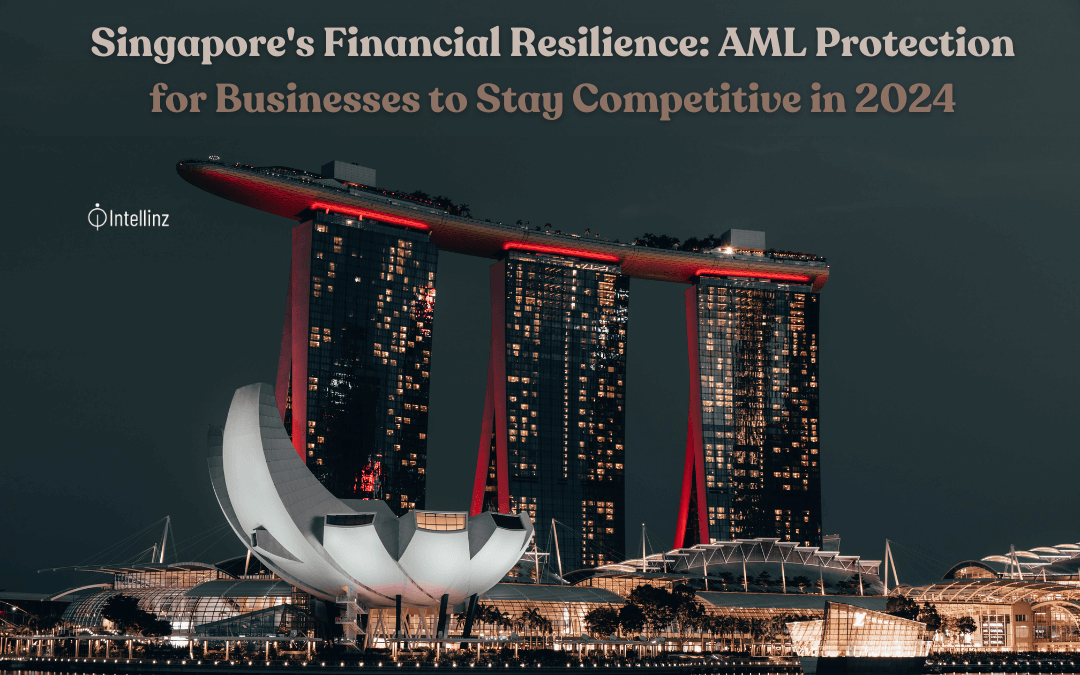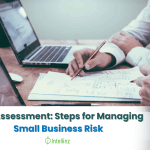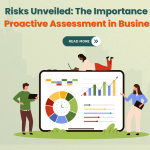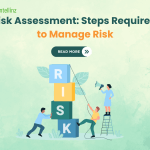Singapore has a strong and open economy, with low taxes and a well-qualified labor force. The city-state concentrates on international business, which has drawn corporations from all over the world.
As a result, it’s no wonder that the World Bank ranks the country as the world’s second best for business. Singapore’s open economy, on the other hand, may attract financial criminals seeking to obscure the source of their wealth through money laundering or to fund terrorism.
Therefore, Singapore has created many governmental authorities and a strong AML regulatory framework to address this danger.
In this post, we will look at how your firm may protect itself from money laundering.
Understand Singapore’s Regulatory Environment
Singapore’s central bank and integrated financial regulator is the Monetary Authority of Singapore (MAS). Its primary mission is to regulate and license financial organizations such as banks, cryptocurrency businesses, and brokers. In addition, the MAS issues standards for other sorts of financial organizations, such as insurance companies.
It should be emphasized that the MAS is not Singapore’s only financial regulator. The Casino Regulatory Authority of Singapore is in charge of facilities such as casinos. Meanwhile, real estate agencies must follow the regulations of the Council of Estate Agencies.
The Cloud and Data Privacy
Singapore’s primary data protection policy is the Personal Data Protection Act (PDPA), which is enforced by the Personal Data Protection Commission (PDPC). The PDPA, enacted in 2012, establishes data protection compliance duties for enterprises operating within the city. These responsibilities are based on three concepts:
-
- Consent: Organizations must ask permission before collecting, using, or disclosing personal information.
- Purpose: Personal data must be used for the stated purposes for which it was collected.
- Reasonability: Organizations may only use personal data in ways that a reasonable person would consider suitable.
The PDPA’s data protection obligations are transparent and flexible, and they are consistent with international best practices, such as APEC’s Cross-Border Privacy Rules (CBPR).
Singapore AML Transaction Monitoring
Singapore’s anti-money laundering/counter-terrorism financing rules make it clear that fintechs must employ internal transaction monitoring mechanisms. Fintechs, in particular, must conduct constant monitoring to ensure that transactions are consistent with consumers’ risk profiles and that the source of their cash is verified.
Fintechs in Singapore must pay close attention to transactions that are sophisticated, abnormally large or do not follow a customer’s normal pattern of activity. Similarly, suspicious transaction patterns, such as many minor deposits in a short period, require extra scrutiny.
The AML transaction monitoring process should look for certain characteristics, such as:
- The transaction’s type about the customer’s risk profile
- Whether transactions were undertaken with the intention of evading reporting requirements.
- Payment destinations (for example, to or from high-risk countries)
Takeaway
Money laundering prevention is critical for a variety of reasons, including legal compliance, financial stability, reputation management, and broader societal benefits.
Improving your company’s AML protections in Singapore is a strategic imperative for maintaining legal compliance, preserving your reputation, promoting trust, and contributing to the overall integrity of financial systems locally and globally.






